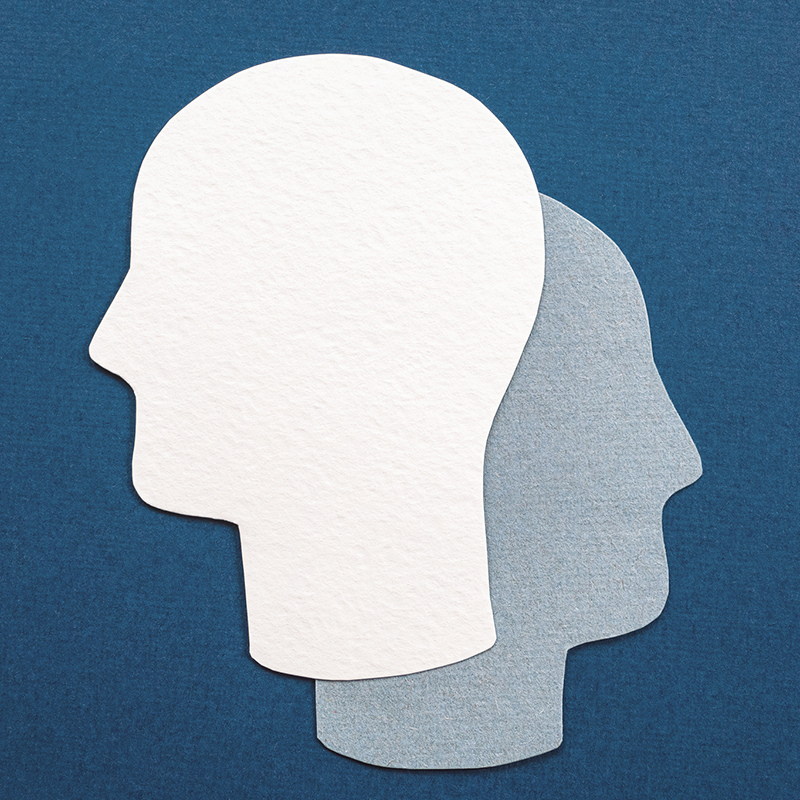Co-Occurring Disorders Are Common
People with mental health issues are more likely to develop substance use disorders. The reverse is also true; those struggling with substance dependence often develop mental and emotional issues, whether it be a direct or indirect result of use. So, it became increasingly more important to treat both mental health disorders and substance use disorders as professionals saw such a frequency of comorbidity.
A number of pieces of evidence support approaching SUD with dual diagnosis care. Drug abuse can actually mimic a mental health disorder. In some cases, users develop a psychosis, or may adopt a warped sense of reality. Also, there’s much attention given to the notion of genetic predisposition; some have family histories of substance abuse and/or mental health issues. Additionally, external triggers such as trauma and ongoing anxiety can inspire mental health issues or substance use.
Early Signs of SUD and Co-Occurring Disorders
There are several factors that can increase a person's risk of developing SUD and accompanying disorders that lead to a dual diagnosis.
These include having a family history of SUD, having a family history of mental health issues, being in an environment with a favorable view of substance misuse, trauma, and more. Often, the individual may turn to drugs or alcohol to self-medicate themselves against symptoms of trauma or the co-occurring disorder. That’s why our dual diagnosis care is personalized to address both mental health disorders and SUD.
Signals of suffering from a mental disorder, substance use, or both can look different for each individual, and the corresponding behaviors will vary. In addition, symptoms often depend on the length and severity of a disorder.
Symptoms of a dual diagnosis include:
- Change in behavior
- Difficulty managing tasks and responsibilities
- Avoiding events or social activities
- Neglecting health and hygiene
- Delusional thinking or cognitive impairments
- Refusal to seek or comply with treatment
- Mentions of thoughts of suicide
- Erratic and impulsive behaviors
- Issues managing finances
- Poor performance at school or work










